Years of the 5: 90th anniversary of opening of Dunlop factory in Cork
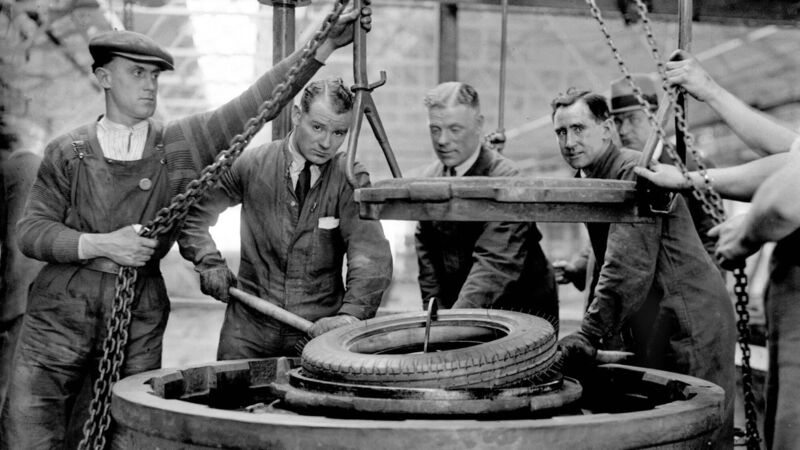
Employees of the Dunlop rubber factory, the Marina in 1935.
In 1935, the Irish Dunlop Company opened its factory at Centre Park Road, held under a lease from Henry Ford & Son.
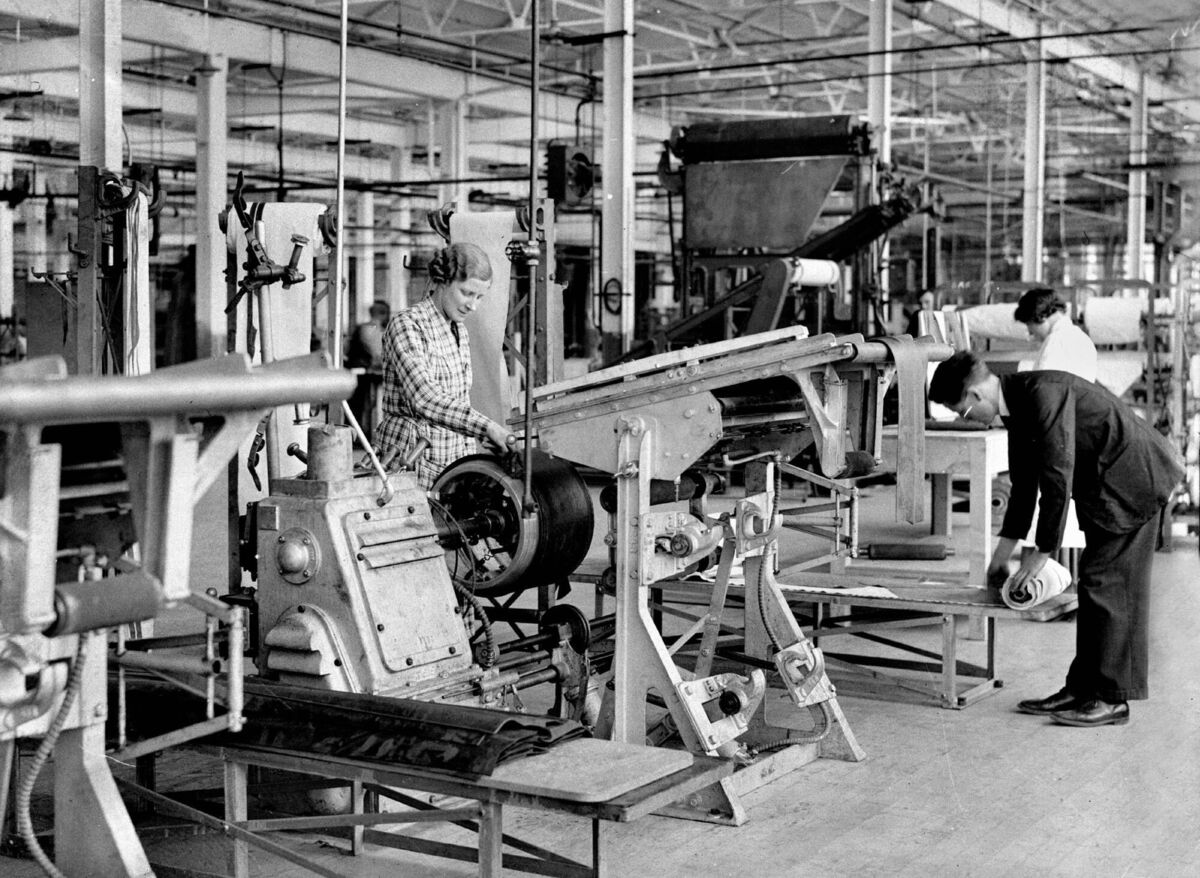
That year, British manufacturing was relocated from Belfast and Dublin to Coventry, which was the centre of the British cycle industry.
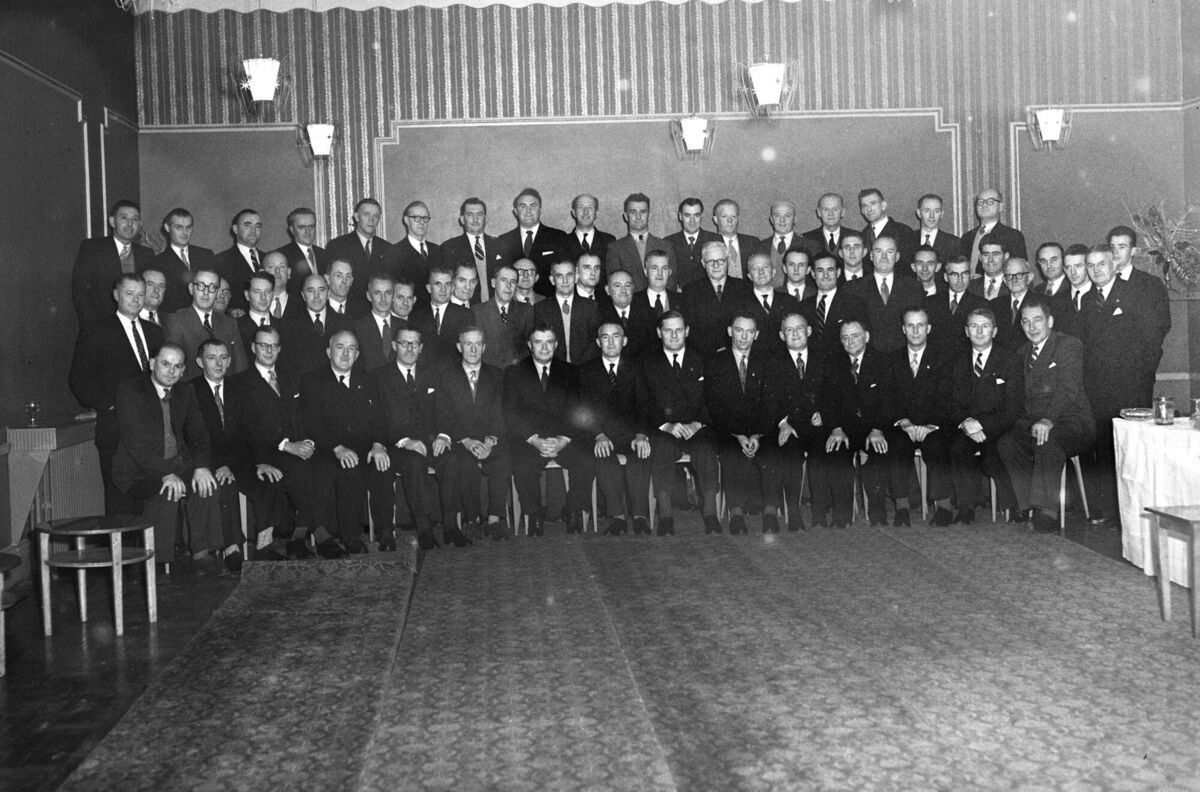
The company produced 35,000 golf balls a year and tennis balls were coming onto the market from Cork at the rate of 6,000 dozen a year. Footwear leaped from 730,000 pairs in 1936 to 1,500,000 pairs in 1961.

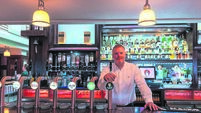


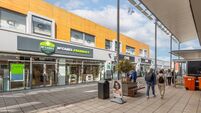


 App?
App?


